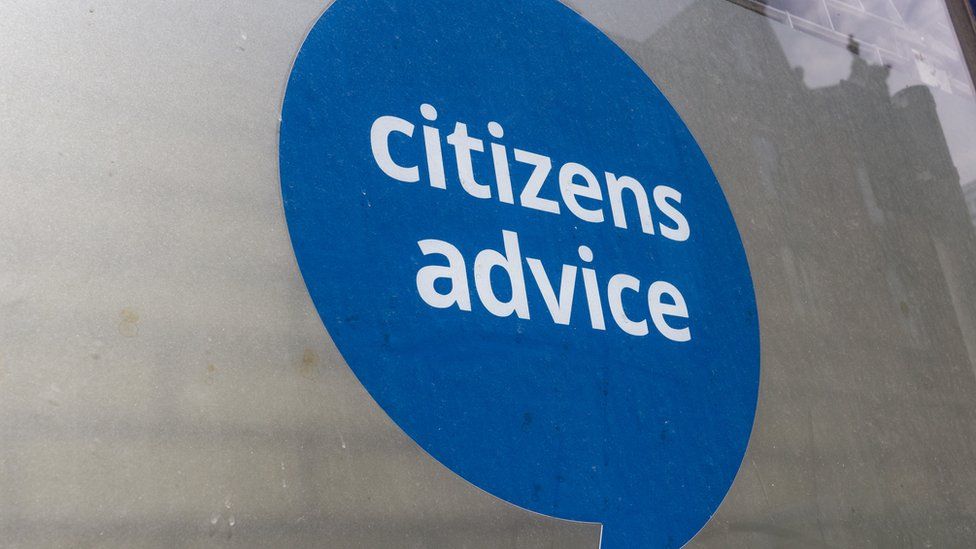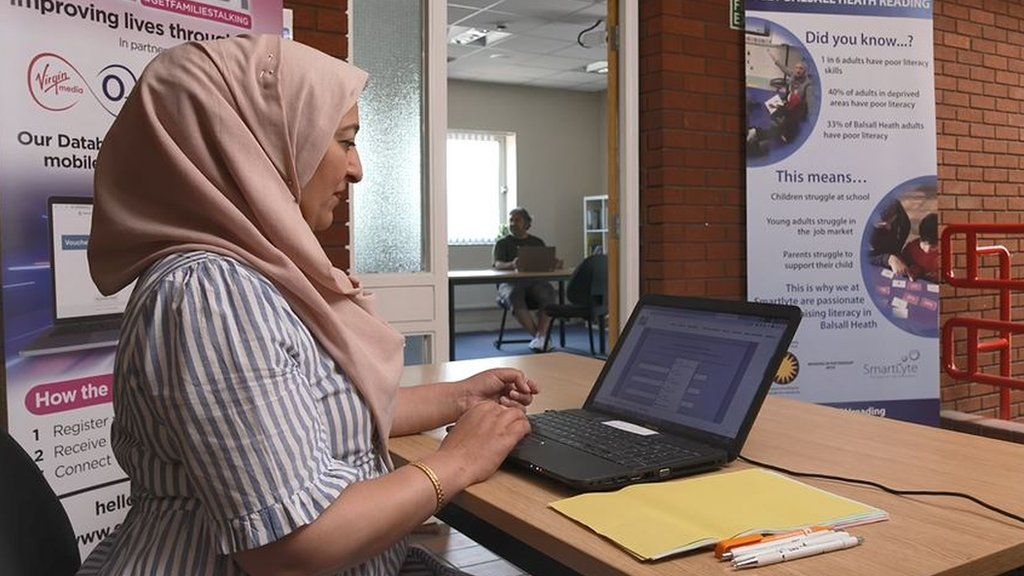Ofcom urged to help end broadband loyalty penalty
 Getty Images
Getty ImagesTelecoms regulator Ofcom has been urged to do more to help broadband and mobile customers who pay a “loyalty penalty” for staying with their provider.
Some long-standing customers pay more than new customers for the same service and Citizens Advice wants action taken.
In 2021, Ofcom estimated switching could save people £83 a year on mobile bills and £61 on broadband.
A Citizens Advice survey of 3,087 UK people suggested up to one-in-seven may be paying a “loyalty penalty”.
Citizens Advice told BBC News the survey suggested one-in-three broadband customers and one-in-10 mobile customers with bundled contracts – who pay for their handset and airtime together – could be affected.
Stopping the penalty, it argues, will make a big difference to hard-pressed households.
Ofcom said that since it had introduced new rules requiring providers to send prompts to shop around, the number of out-of-contract broadband customers has fallen by more than one million.
It also said overpayment among mobile customers with bundled contracts had dropped by £100m, after operators committed to cut prices when initial contracts end.
The regulator also requires companies to give details of their best annual deals to customers who stay with them without taking a new contract.
‘New customers pay less than me’
Citizens Advice analysed 165,000 budgets of people who came to it for debt help.
Its findings suggested that those with the lowest incomes spent almost double the proportion of their income on telecoms, when compared to the highest earners.
The charity cited the example of Tracey, who it said is reliant on disability benefits.
According to Citizens Advice, she signed up to a £30-a-month package which included TV, landline, broadband and international calls in 2006.
In January, she started going through her bills looking for potential savings, and found its cost had risen to £80.
“Everything is going up; gas, electric, food and I have a mortgage to pay. I shop late in the evenings to get yellow-sticker discounted food, I turned off my gas as I can’t afford to repair the boiler or use the heating, and I don’t go anywhere other than my hospital appointments,” she told Citizens Advice.
“New customers pay £50 less than me for the same deal. I have paid nearly £3,000 more for being a loyal customer. How on earth can they justify me paying so much more – especially as I was with them for 16 years?”

Mike Emmett, who runs training for advisers at Citizens Advice Cardiff & Vale, said: “Many people see their mobile and broadband as a lifeline. They need them to speak to people and do things like manage their universal credit account, and help children with their homework.”
He said many were reluctant to switch out of fear of “rocking the boat, particularly because of the prospect of credit checks”.
“It’s so frustrating when we see people who are on the lowest incomes paying the loyalty penalty, as they’re forced to jump through so many hoops to try and sort it.”
In January the Financial Conduct Authority (FCA) effectively ended gradual year-on-year increases, so-called “price walking”, for car and home insurance by requiring companies to automatically switch their customers to better deals.
Citizens Advice is looking for similar action from other regulators.
‘Moral imperative’
Ofcom said its focus was on making sure customers can get the best deal.
It said switching to a new deal when an existing one ends can result in significant savings and that it had taken action to make the process simpler and quicker – a “One Touch Switch” system is also due to be introduced in April 2023.
Ofcom added: “There is also a moral imperative on providers to support out-of-contract customers suffering financial hardship, and it is vital they do all they can to help them secure a deal that is more affordable.”
In February, Ofcom found that 4.2 million households could halve broadband bills by taking up social tariffs, low-cost deals offered by broadband firms to people on low incomes, but only 55,000 homes had in fact done so.
Ofcom wants firms to promote these deals more widely.
The Internet Service Providers Association – a UK trade body representing many broadband firms – said industry efforts had led to “more customers than ever” switching.
It said its members were determined to help customers through the cost of living crisis and urged those struggling with bills to contact their provider.
-
-
28 May 2021

-



